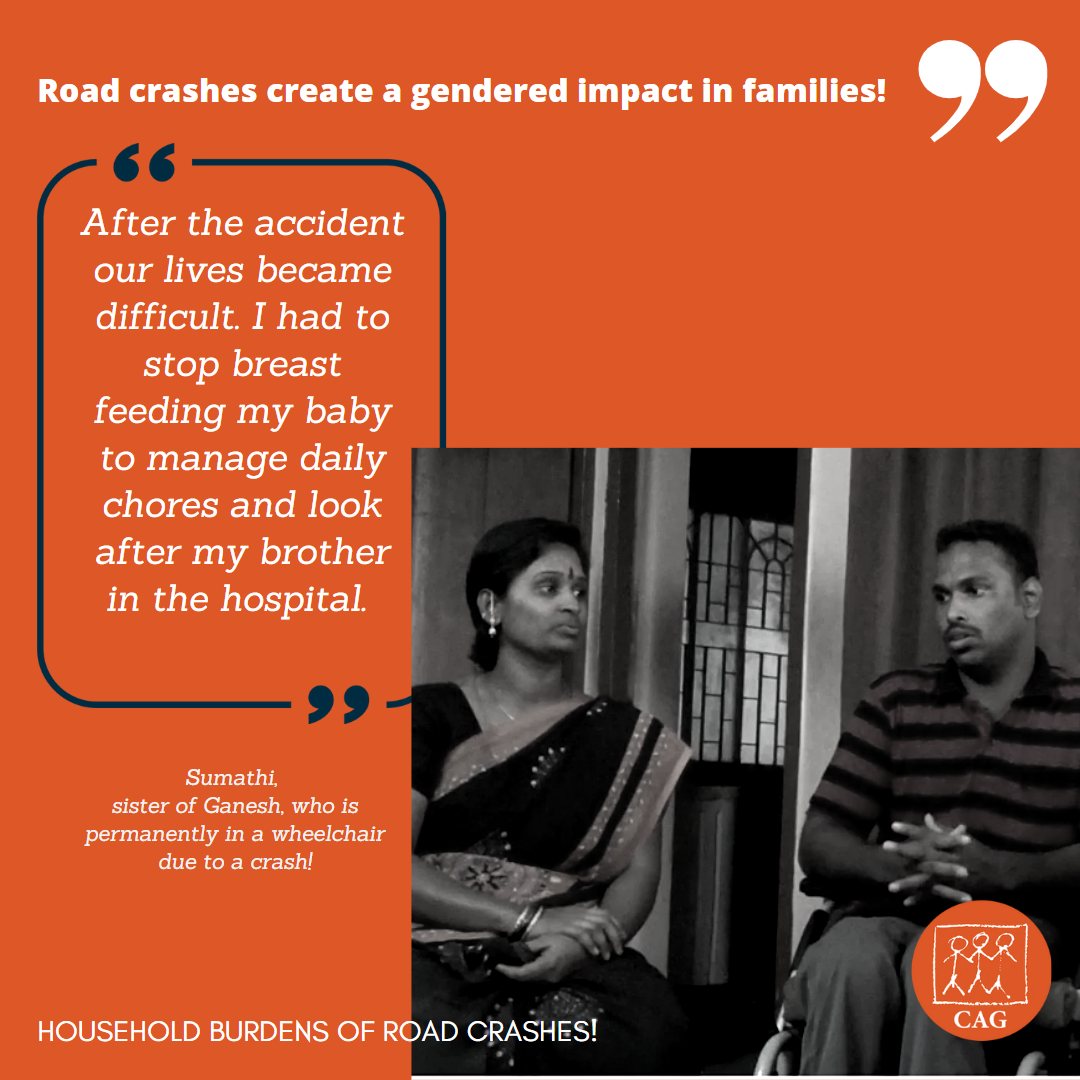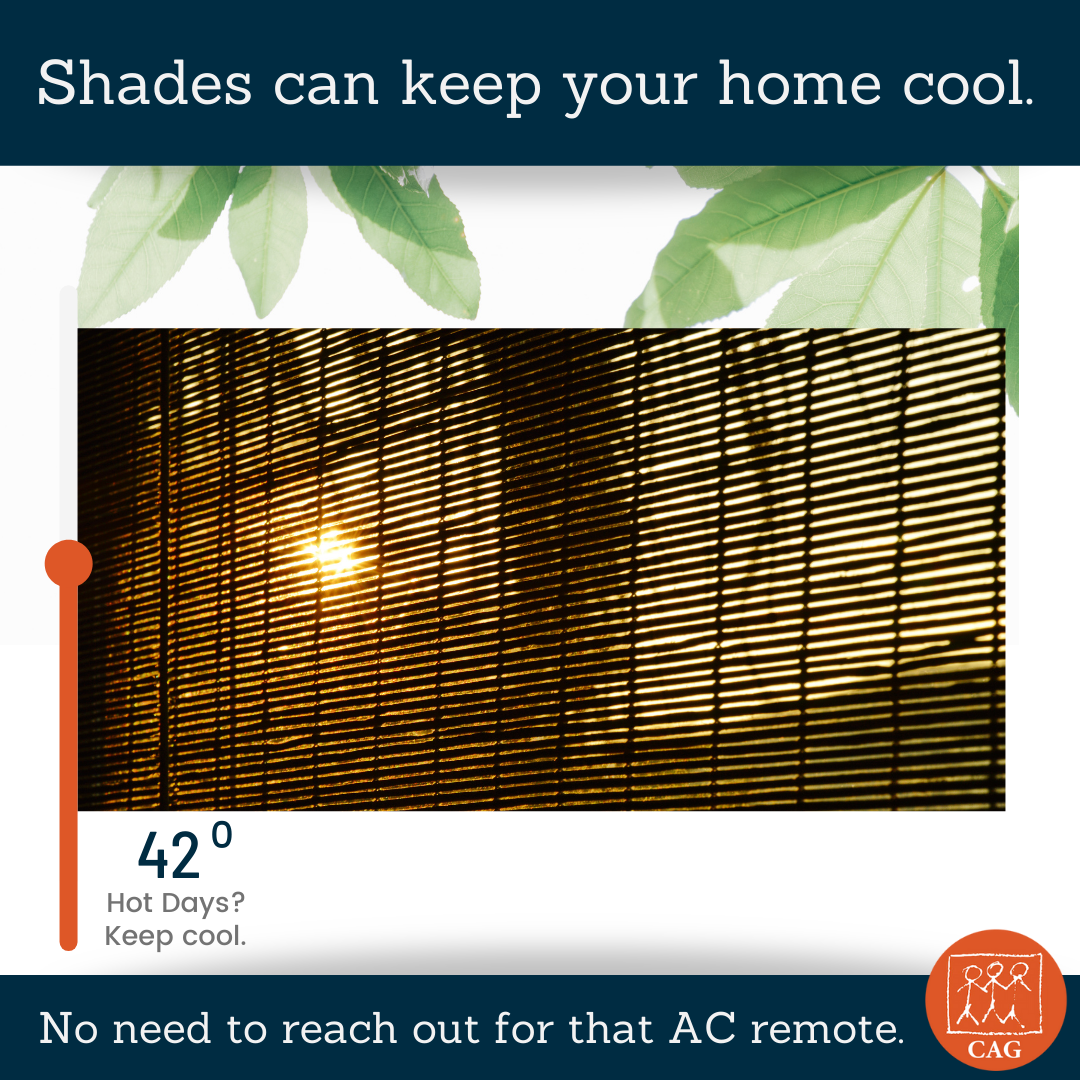World Bicycling Day 2022
#Cycling is an affordable, healthy, environmentally friendly mode of transport that can reduce congestion in our urban centres. On #WorldBicycleDay, global cities are showing a renewed interest in #bicycles & prioritising them on their streets.





